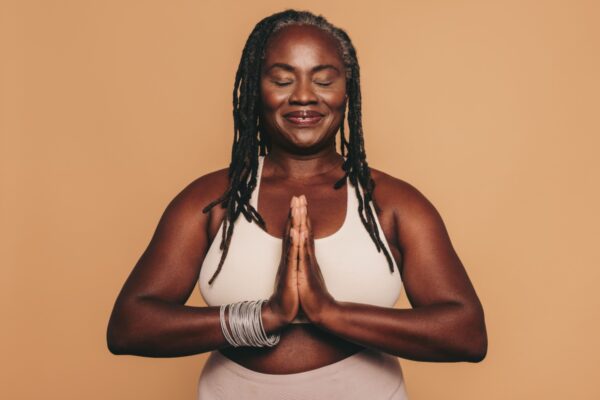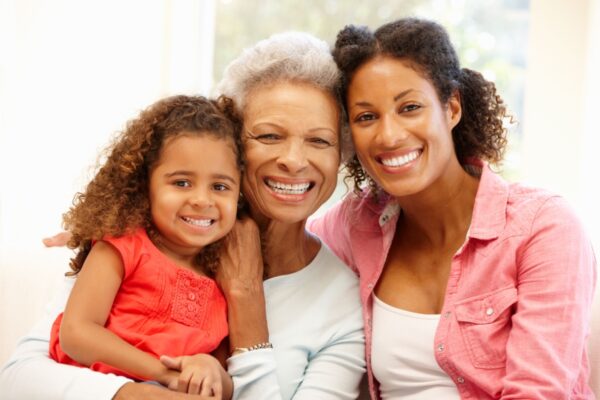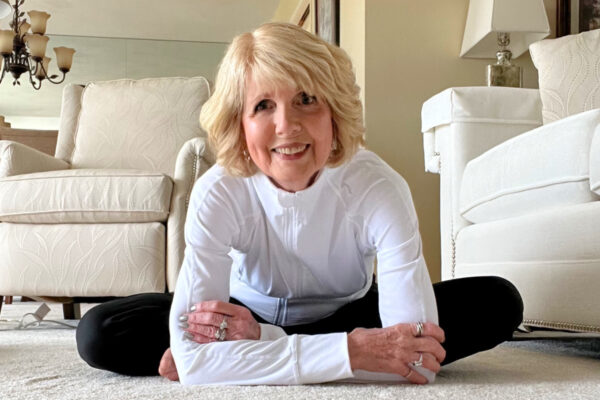
We all congratulate ourselves on the mouth-gaping advances of medical science, which allow us to live better and longer.
Everybody wants to live as long as possible without giving much thought as to the repercussions.
We hear, as a matter of course, that so-and-so’s mother has just turned 95, and we smile with glee. To turn 90, 95, 98 or even 100 is considered a wonderful feat.
The world has changed
In 1950, the world’s average age at death was 48. Today’s life expectancy is 78 in the US and 82.5 -84 for women- in Spain, where I make my home now.
Again, we all thoughtlessly congratulate ourselves on the technical and medical advances that have extended our lifespan to the point that we take for granted that life should last up to 90, and over.
In 1950 the world population was 2,500 million. Thanks to scientific, economic and nutritional advances we have reached, in 2018, the sensational figure of 7,383 million.
Should we be proud of ourselves? In my opinion we are recklessly forgetting the many implications of living long, of longevity, of over-ageing. Let me dwell on one only.
I am a caretaker. I am a caregiver.
I am not a professional, and have had little experience in caring for the infirm or the elderly.
Providence, however, has strange designs and mocks our plans and our expectations in ways that we would never fathom.
Life unfolds with its many ups and downs, flowing from stage to stage, towards the final chapter, which, of course, we accept as the natural development of the course of time.
My mother is over 101
She survived my father who died, without much fanfare, at age 90.
His heart simply stopped. The family is certain that he never even knew he died. He sat down because he felt dizzy and passed away.
His wife, my mother, was born in 1917, in the midst of the First World War. All her kin, father, mother, uncles, aunts, brothers, nieces and nephews are gone. She has one son, myself, four grandchildren and three great granddaughters.
My mother lives with us. She has her own room full of photographs of her family, of herself when she was a baby and young girl, of her parents and brothers.
She is a shadow of what she was: little and frail, stooped, and in danger of falling all the time.
She uses a walker to move around the house, ever so slowly. Lately she prefers to be wheeled around the house.
Also read: Wisdom from my 101-year-old grandmother

Fortunately she is spry, feisty and has the best of memories and is very lucid; she has been indoors for the past ten years, since she chose –never ask me why- to become a shut-in, a reclusive, when she was still physically well.
Still, she has her temper, her moods, and is becoming a little dictator, imposing her whims and carrying tales.
She has both feet infected and a nurse comes three times a week, at different hours, to dress her wounds or sores and check the progression of the infection, which is due to poor blood flow to her lower limbs.
She probably has the best memory in the family and we often turn to her when in doubt as to some past event, date or name. She is not depressed although, at times, she misses being able to cook and do needlework.
She dresses and undresses herself but needs someone around at all times. She has a set schedule for breakfast, lunch, supper, pills, and going to bed. TV and dozing off are her main activities.
My wife and I are her caretakers. My wife bears the brunt of the caregiving
My mother relies on us for everything
My problem as a caregiver is that in a few months I will turn 80, probably old enough to be taken care of.
And I find myself at age 80 caring for my mother, being almost a shut-in myself. I am still writing and teaching but my main occupation is that of caregiver.
Three years ago I underwent an open-heart operation and had four bypasses implanted, thus extending a life which in the natural flow of events should have ended.
At present I am visiting doctors because of shoulder and hip pains. As Ecclesiastes, 3, 1-8, tells us: “To everything there is a season, and a time to every purpose under the heaven: A time to be born, a time to die…”
I am not complaining –perhaps just venting– because I know that many others have it worse than me, but my situation makes me ponder on philosophical and spiritual questions: It is distressing to see one of your parents’ health decline; it is heart-rending to watch how your mother’s life is withering.
And having become a shut-in, unable to go out at will, meet friends, go on vacation, make plans, I long for the freedom I had before, especially because, being old myself, I know my good days, the days of wine and roses, are numbered, if not gone.
This situation is like hearing the bell toll, I know it tolls for me also, for all of us.
Science has achieved what seemed an impossibility: the old caring for the elderly.





Leave a Reply